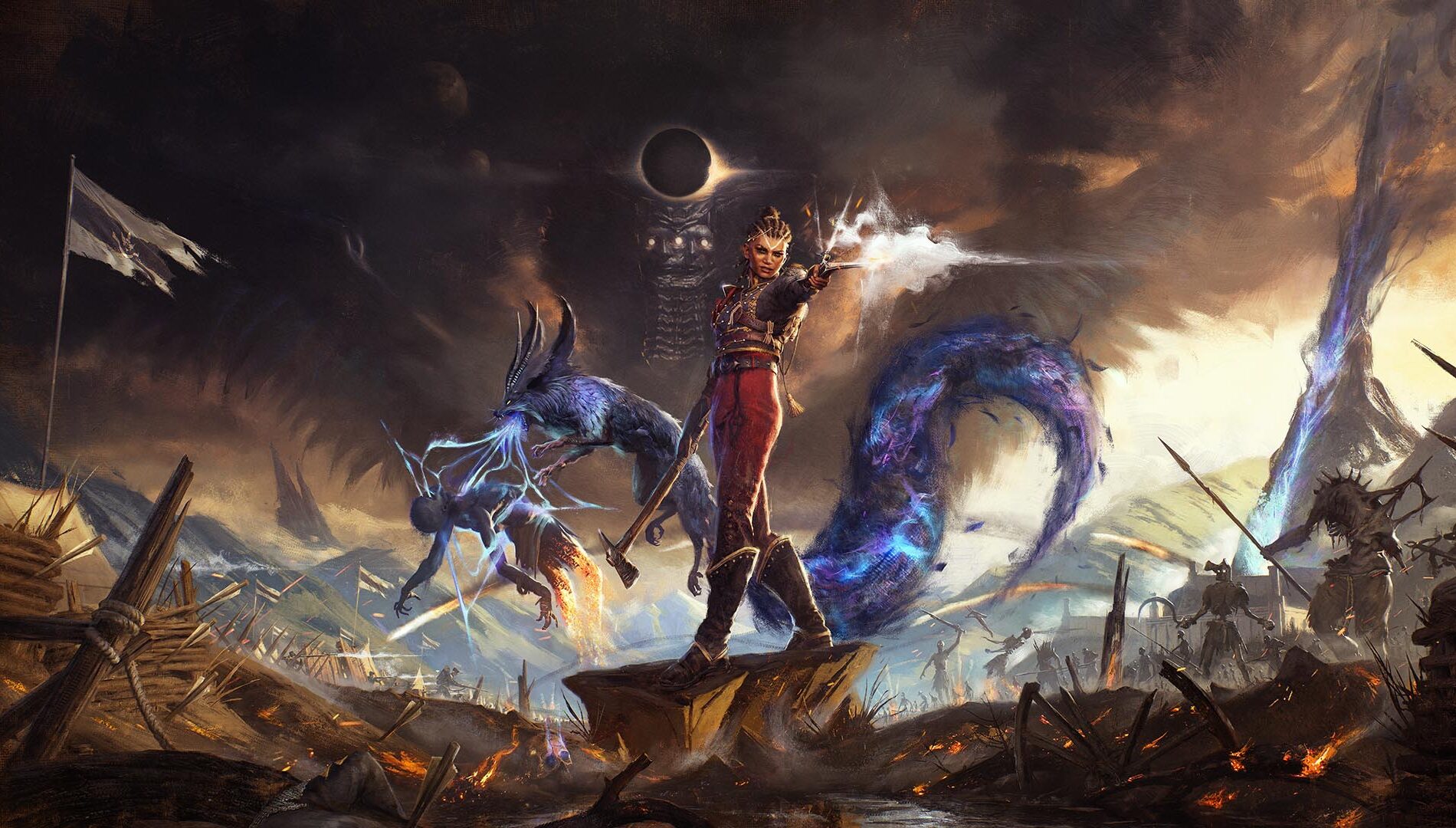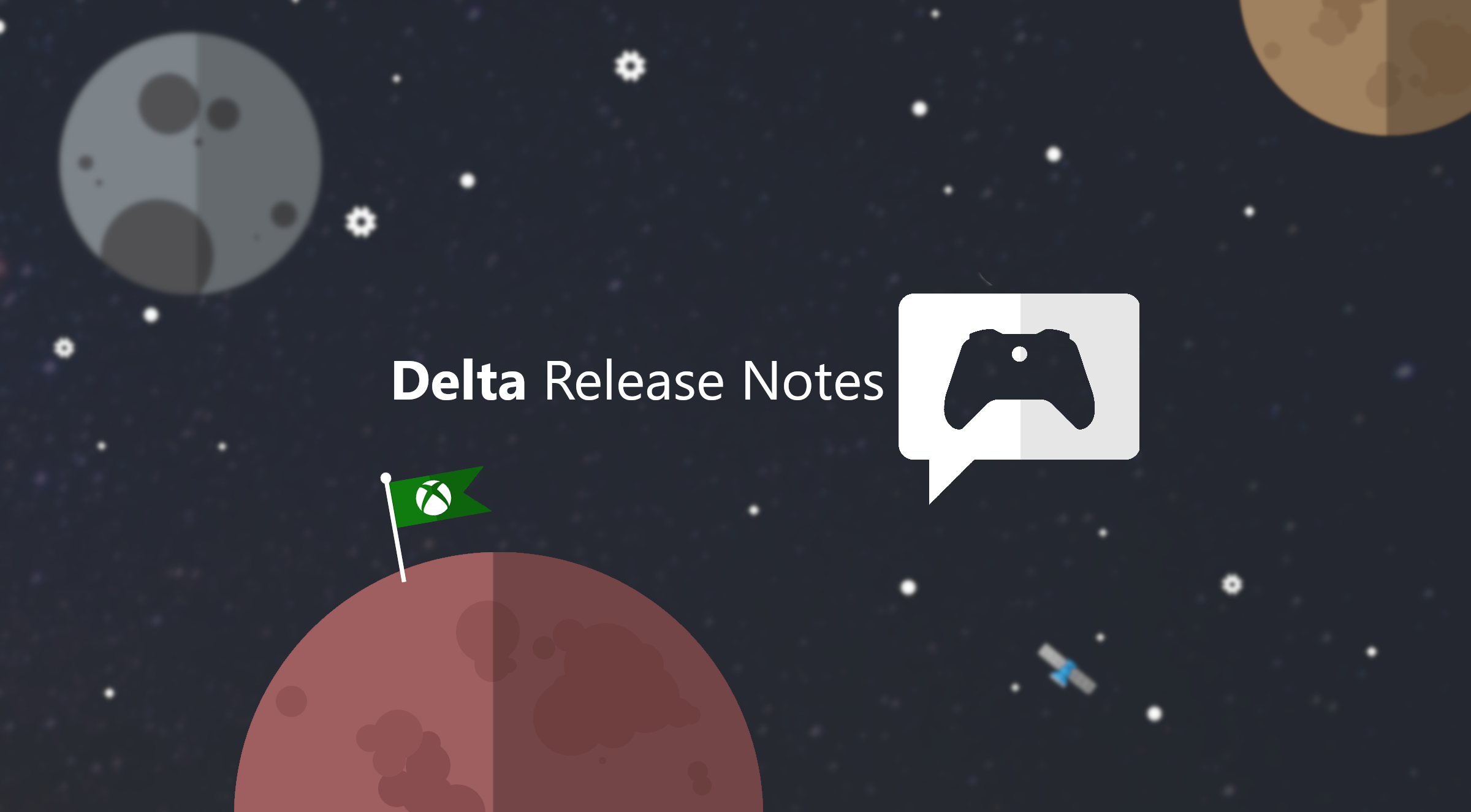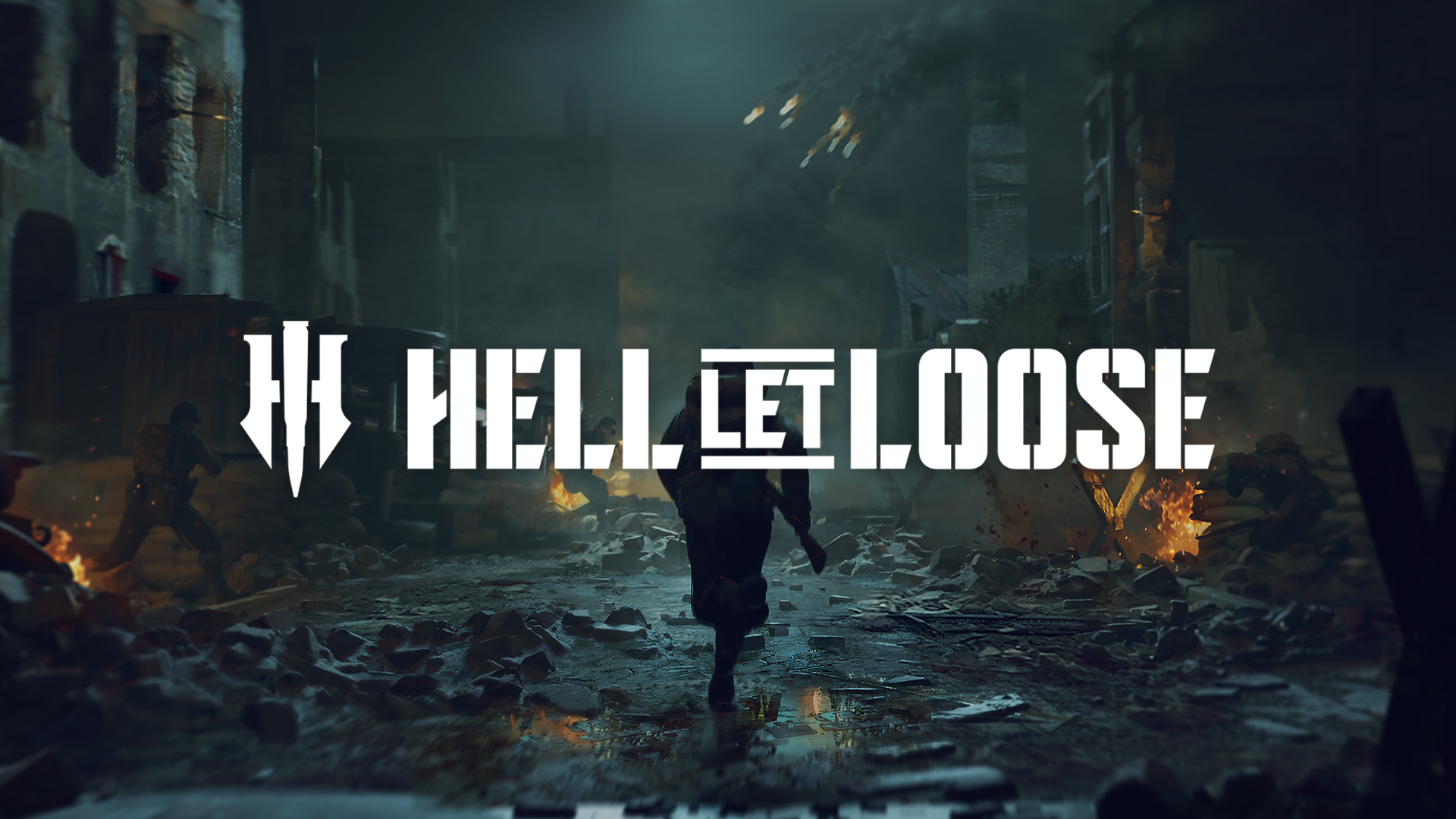Flintlock: The Siege of Dawn’s Unique Gaming DNA – From Souls Games to… Gambling?
The post Flintlock: The Siege of Dawn’s Unique Gaming DNA – From Souls Games to… Gambling? appeared first on Xbox Wire.
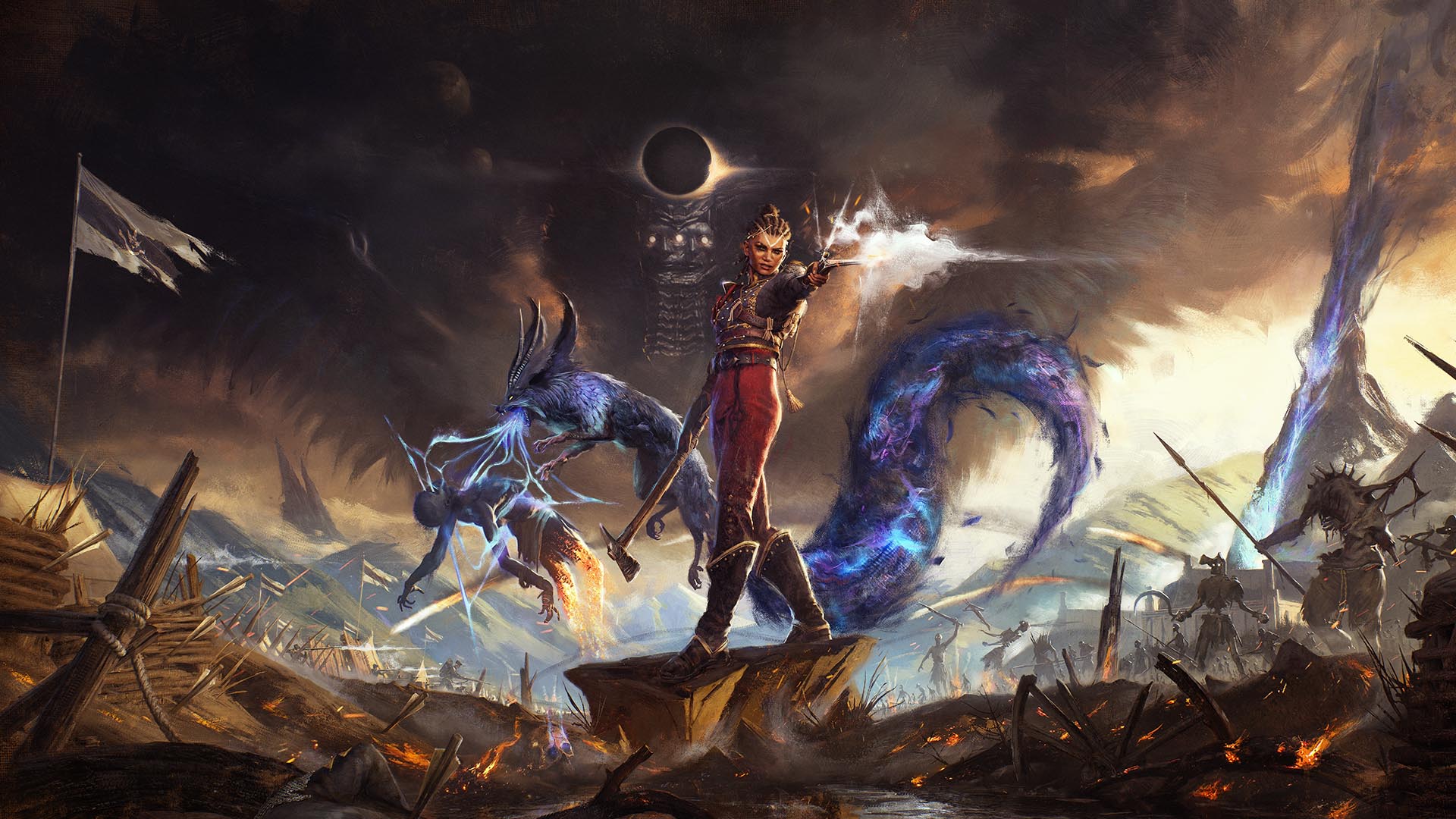
Flintlock: The Siege of Dawn’s Unique Gaming DNA – From Souls Games to… Gambling?
There’s no doubt that Flintlock: The Siege of Dawn stands as part of a lineage of action-RPGs – developer A44 has been open about calling its new game a “Soulslite” for some time. But having spent several hours with the game, even in its early stages, it’s clear that that’s only a part of the picture.
Flintlock introduces an all-new fantasy world with, for want of a better term, a ‘gunpowder-punk’ aesthetic . You’ll guide the tortured Nor on a quest to reclaim her beleaguered world and exact revenge on vicious gods that have brought armies of the undead along with them. Accompanied in an uneasy alliance by a lesser God, Enki, Nor uses melee axe combat, old-fashioned gunplay, copious explosives and magic to make her way through the world.
And the influences are far from simply coming out of FromSoftware’s Souls series. Flintlock is a true melting pot of gaming ideas, seamlessly combining familiar concepts from some truly unexpected sources. If you think you have a handle on what kind of game this will be, you might be surprised to learn some of the tricks it’s pulling. To help you prepare, here are some of the nods I’ve noticed along the way.
Souls Games
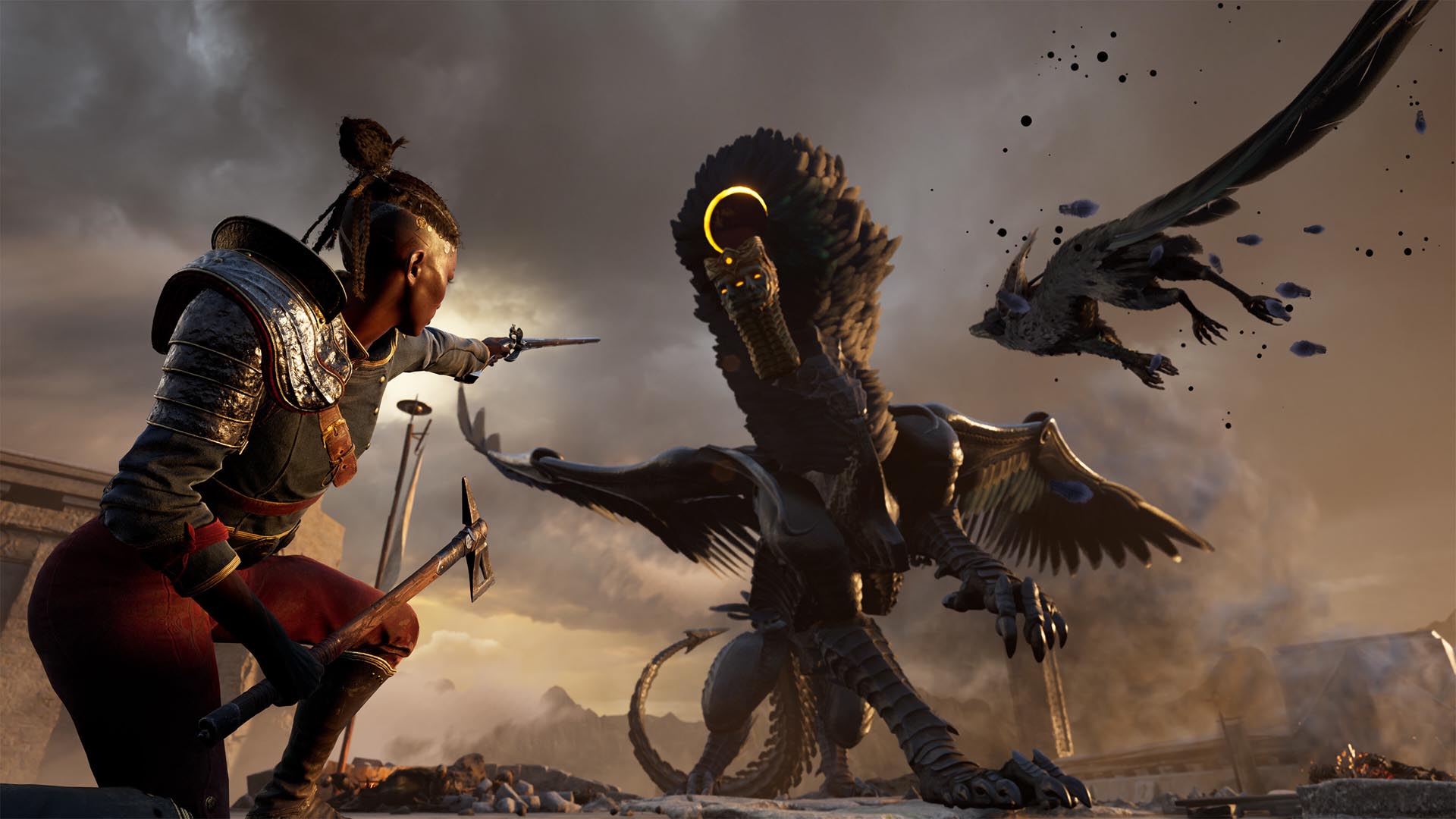
We’ll start with the most obvious – the Souls games are a key text for Flintlock. Like those games, travelling through the world is a case of finding checkpoints (in this case, these can be Campsites or Loadstones), taking on enemies who can take you down in just a few quick hits, and banking currency (here, it’s Reputation) which will be lost upon death and needs to be reclaimed when you return.
Like FromSoftware’s games, Flintlock is exacting, and not afraid to punish you for a lack of concentration (although difficulty levels are offered here). And like those games, it lends a sense of excitement and dread to every new area, every new enemy type and, most particularly, every boss.
Modern Action Classics
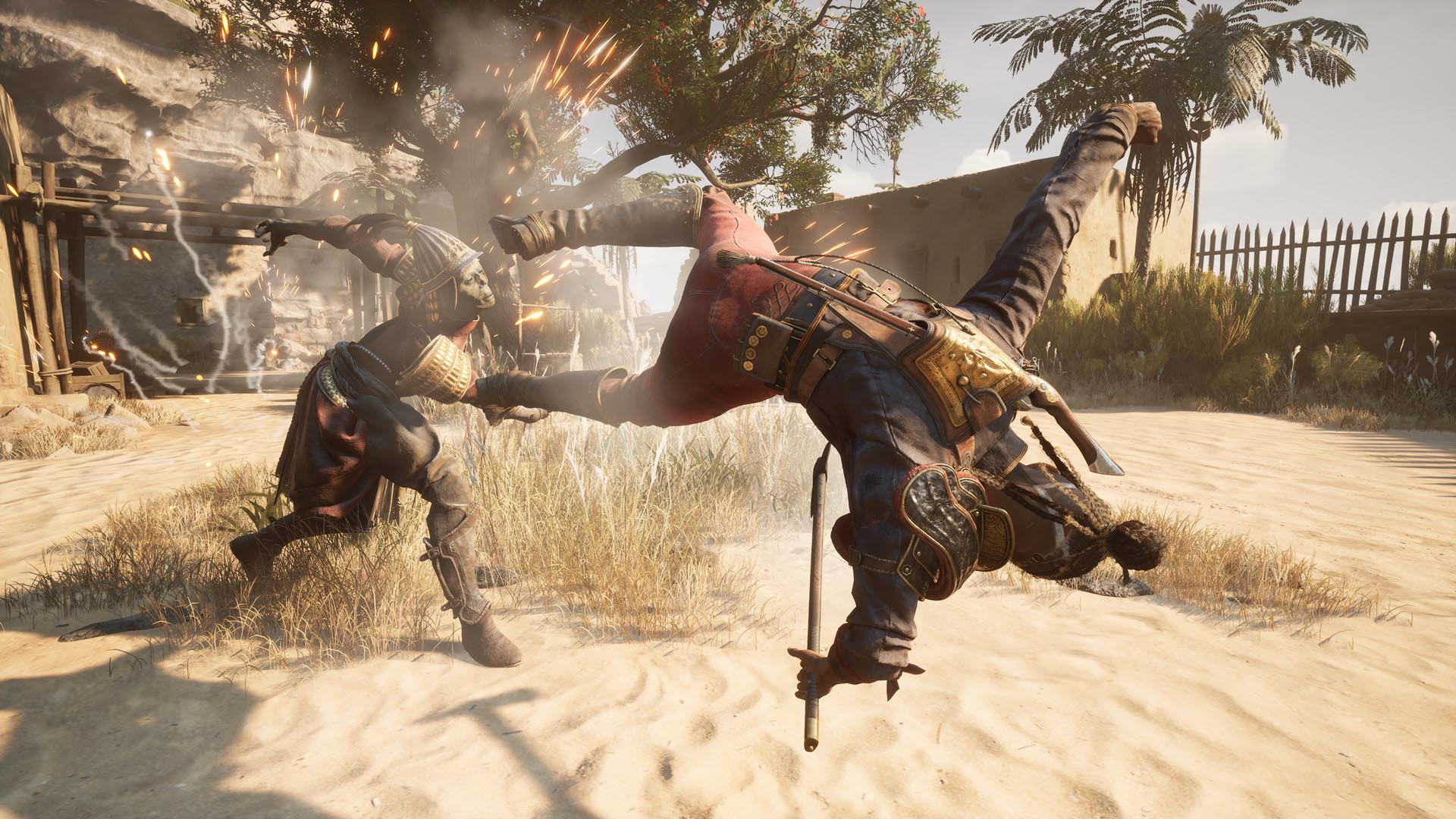
Flintlock’s combat may borrow mechanical ideas from Souls games, but in practice there’s a flexibility and snappiness that may remind you more of classic action series, from Devil May Cry to God of War. Combining axe combos, gunplay (which is both a ranged attack and an attack-interrupting parry of sorts), and magic – Enki can be used both for stat debuff attacks and powerful ‘Ultimates’ – is a faster, more frenetic process than most Souls games.
There’s also an element of reward for skilful play here too – the game actively pushes you to chain together long combos and utilize different tactics, which brings me onto the next section…
Gambling
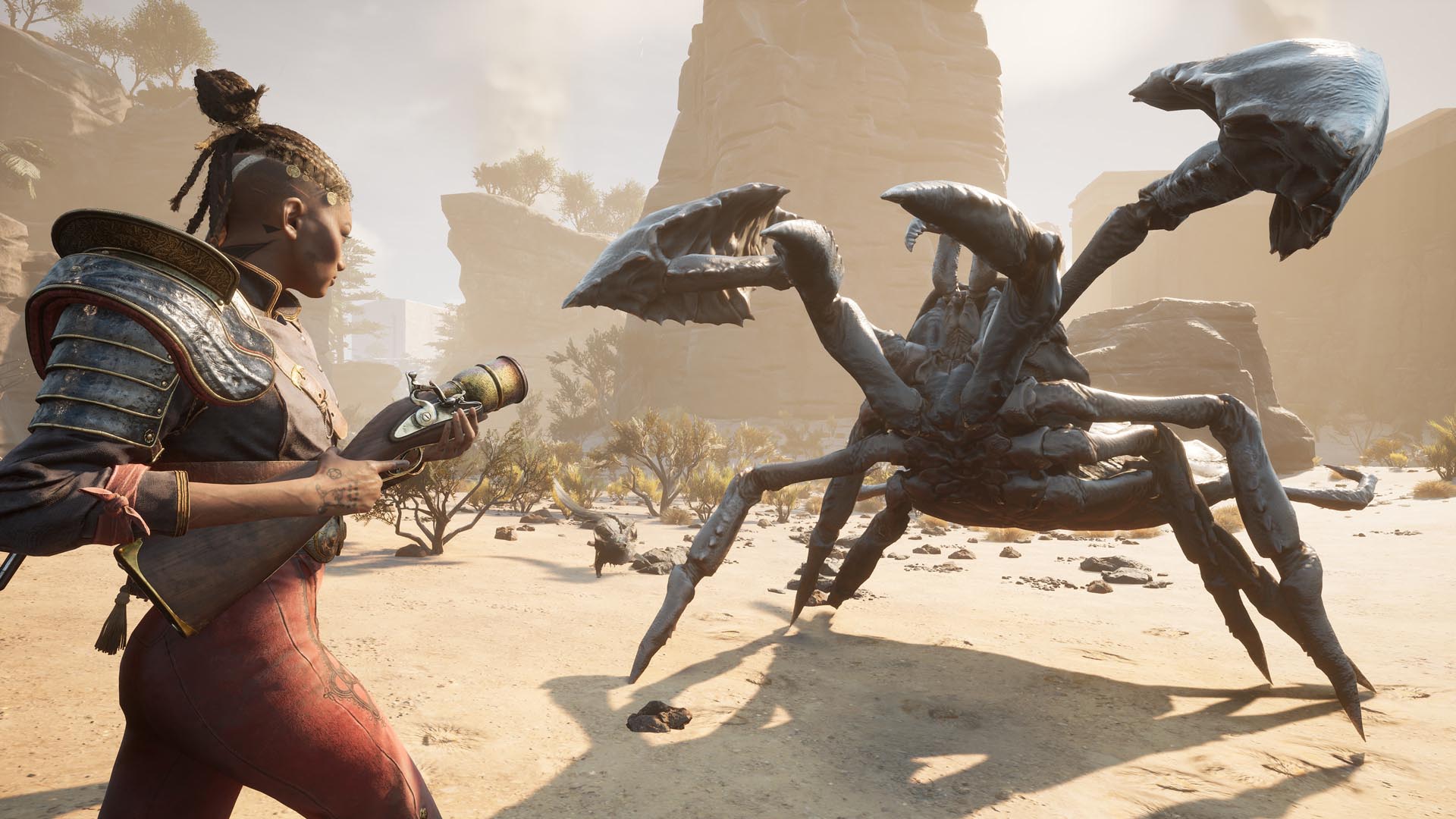
This is where it begins to get truly unexpected. One of Flintlock’s key ideas is in how you collect Reputation. Practically every action you take in combat will offer you a certain amount of Reputation, and defeating enemies offers a chunk each time. But there’s a twist: for every kill, you gain a multiplier to the amount of Reputation you’ll take home. But take a single hit, and all of that is gone. When you’re happy that you’ve done as well as you can, just hold left on the D-pad and you’ll bank all that Reputation.
It effectively adds an aspect of gambling on yourself against the game – do you trust yourself to perfectly take down another enemy after a tough fight, or do you bank and start the process again?
Open World Conquering
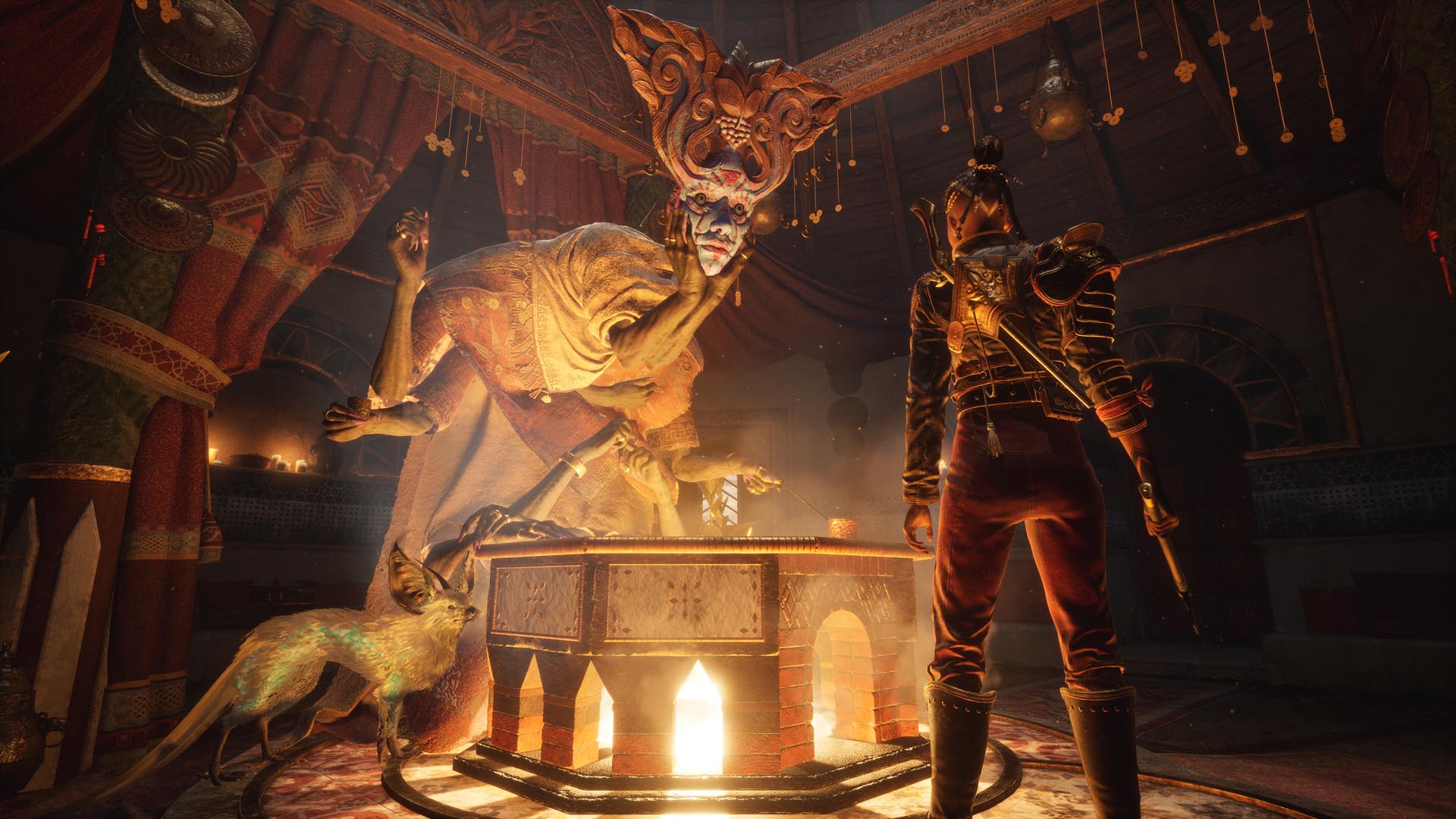
Flintlock’s story revolves around reclaiming the world from its invaders, and that’s reflected mechanically, too. Aside from having a slightly more explorable world than many of the games it’s drawing on, Flintlock also introduces an idea we’re more familiar with from the likes of Far Cry or Assassin’s Creed – conquerable enemy outposts.
When you enter an outpost – known as Hamlets here – you’ll be tasked with finding and dispatching the leader of the enemy faction stationed there. When you finally do, you’ll unlock that Hamlet, cleaning up damage, returning its population to the streets, and opening up checkpoints, fast travel, shops, and side quests. It lends a real feeling of progression to your journey, seeing Nor physically taking back lost locations as she goes.
Platformers
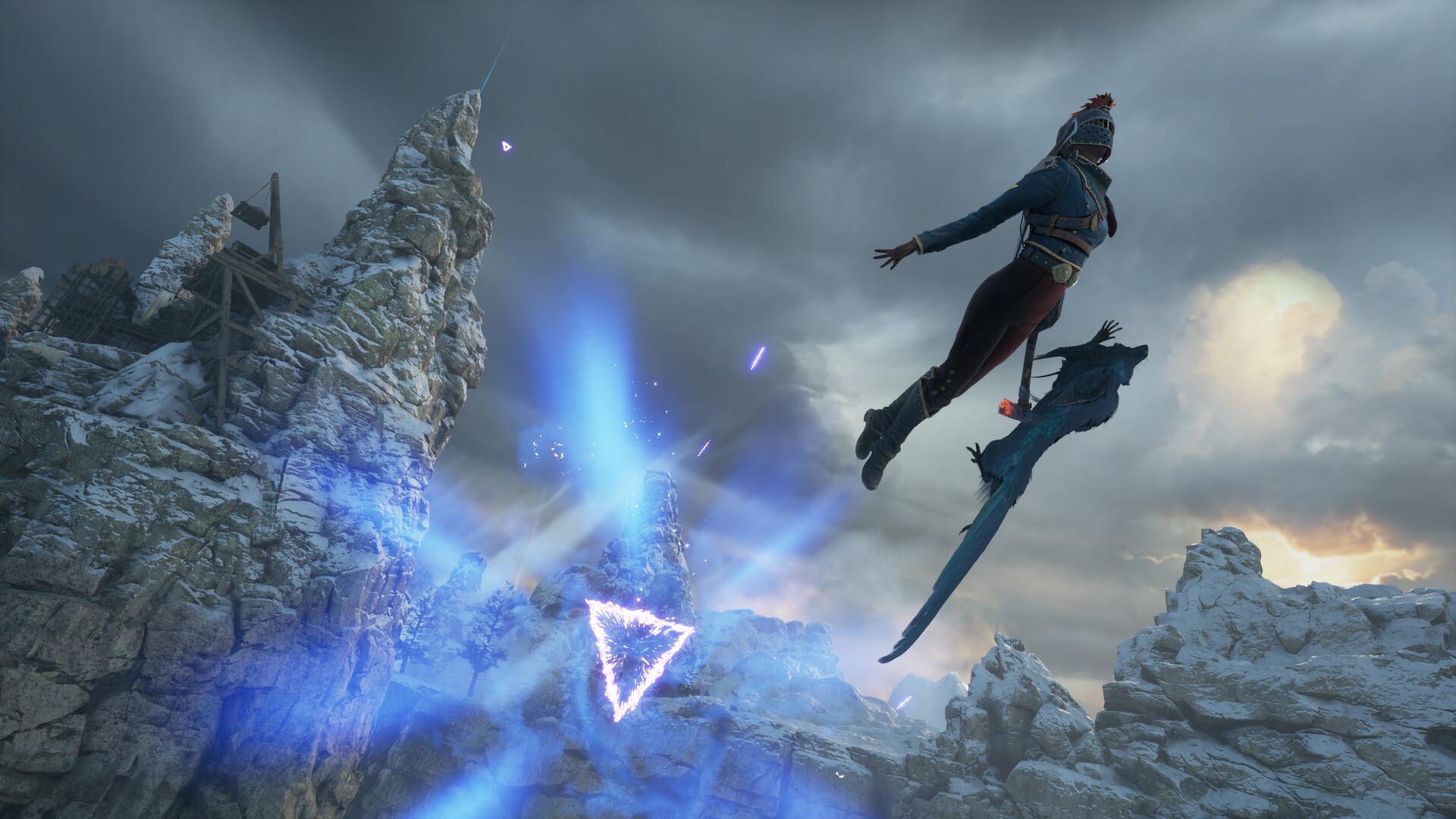
To go along with that sense of exploration, Flintlock offers Nor a wider moveset for getting around. In the earliest stages, you gain the magical ability to use gunpowder for double jumps, or longer dodges, which can be combined to help you reach ledges or cross longer gaps. But soon, Enki steps in to offer something more unusual – Rifts.
Rifts are magical warp points, unlocked by finding shrines adorned with skulls – get near a Rift, and press Y, and you’ll transport to it, subsequently offering you to option to drop down, boost out, or jump higher. Soon, you’ll be flying from one Rift to another, and the game will start offering up puzzles about how to reach certain locations by using a network of Rifts. It lends Flintlock an extra string to its bow, not to mention a sense of verticality we don’t often see from this kind of game.
It’s perhaps the clearest marker that A44 are doing things very differently here – I’d recommend you take a look for yourself when this unique action-RPG arrives on Thursday, July 18 for Xbox Series X|S and PC, coming day one with Game Pass.

Flintlock – Deluxe Edition
Kepler Interactive
The post Flintlock: The Siege of Dawn’s Unique Gaming DNA – From Souls Games to… Gambling? appeared first on Xbox Wire.
















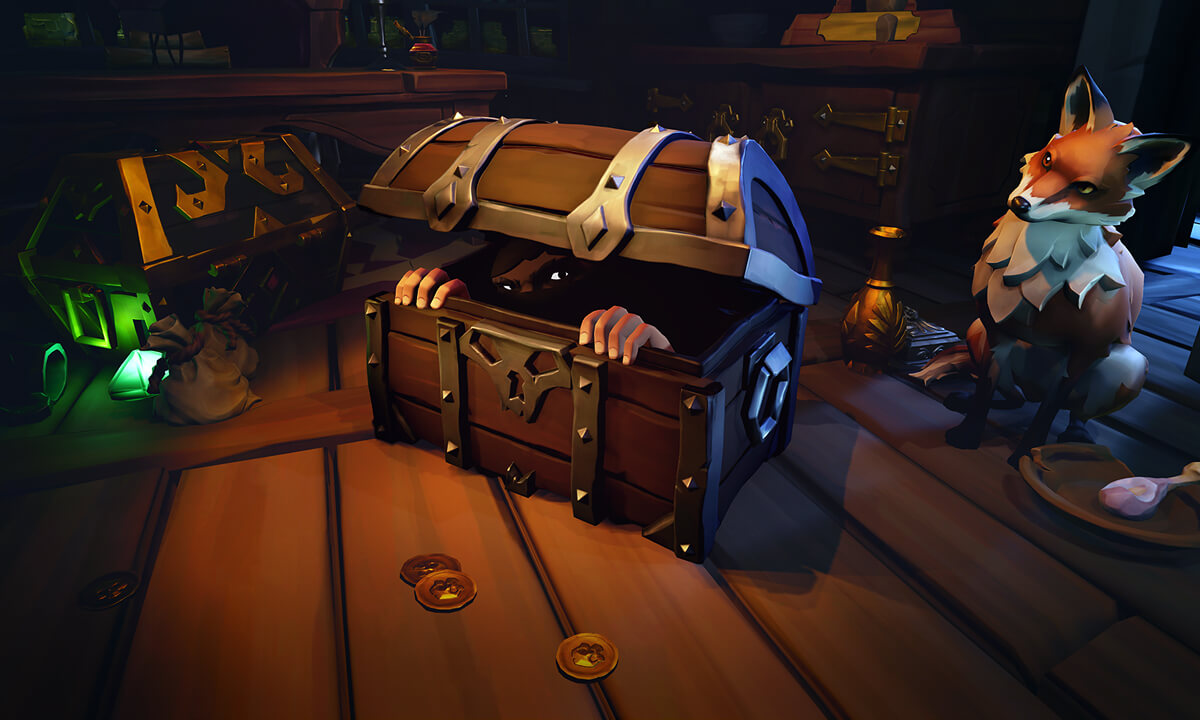
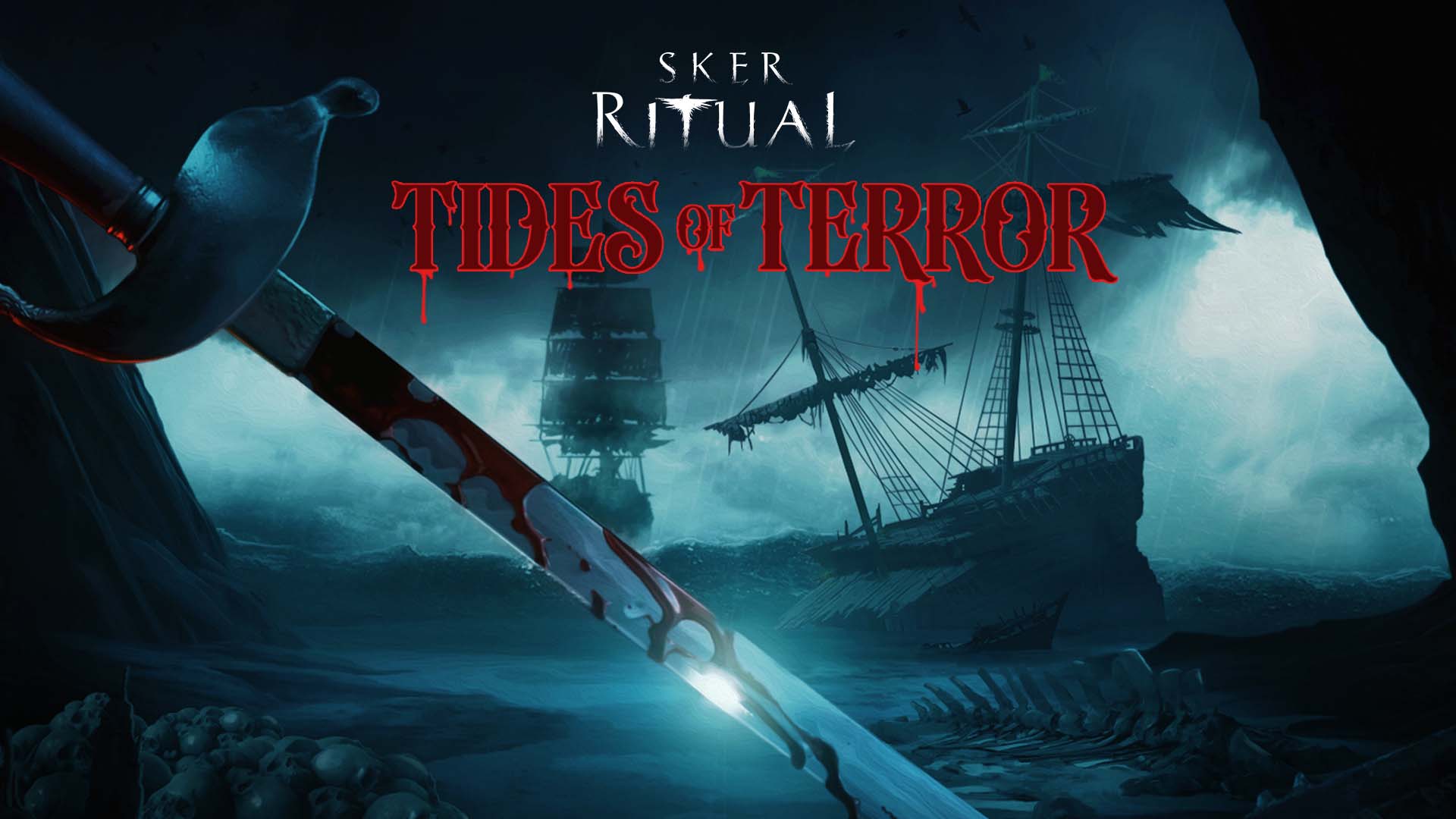
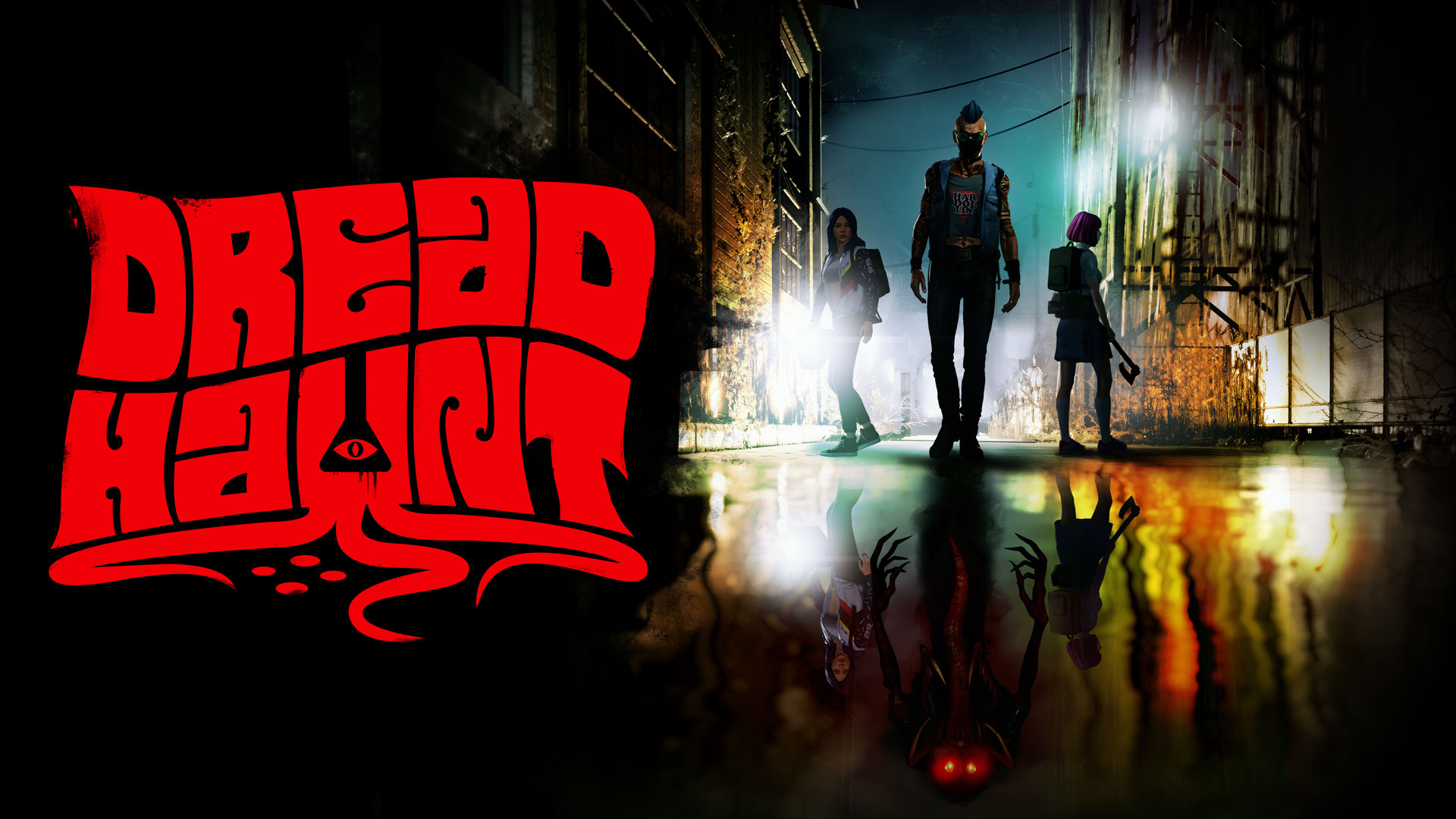







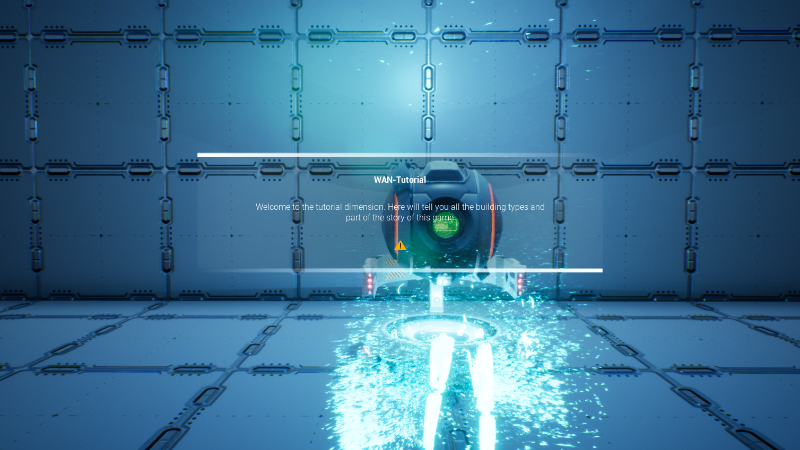
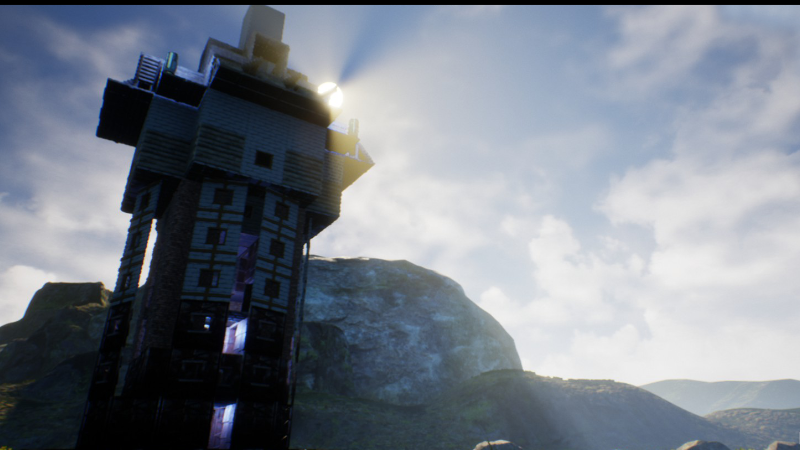
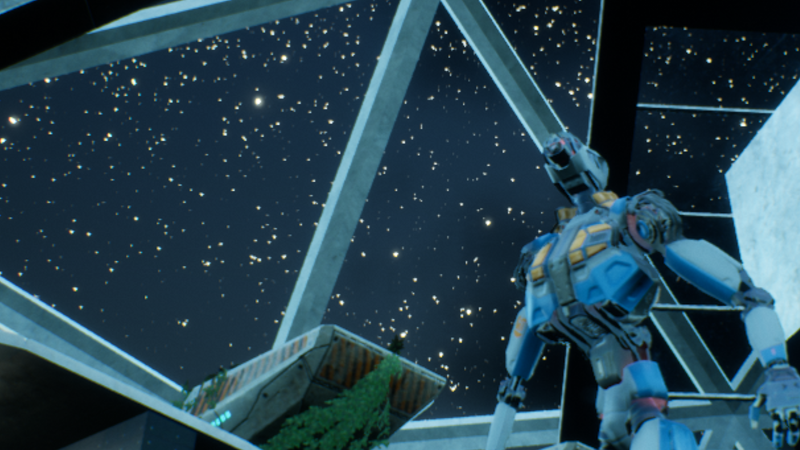

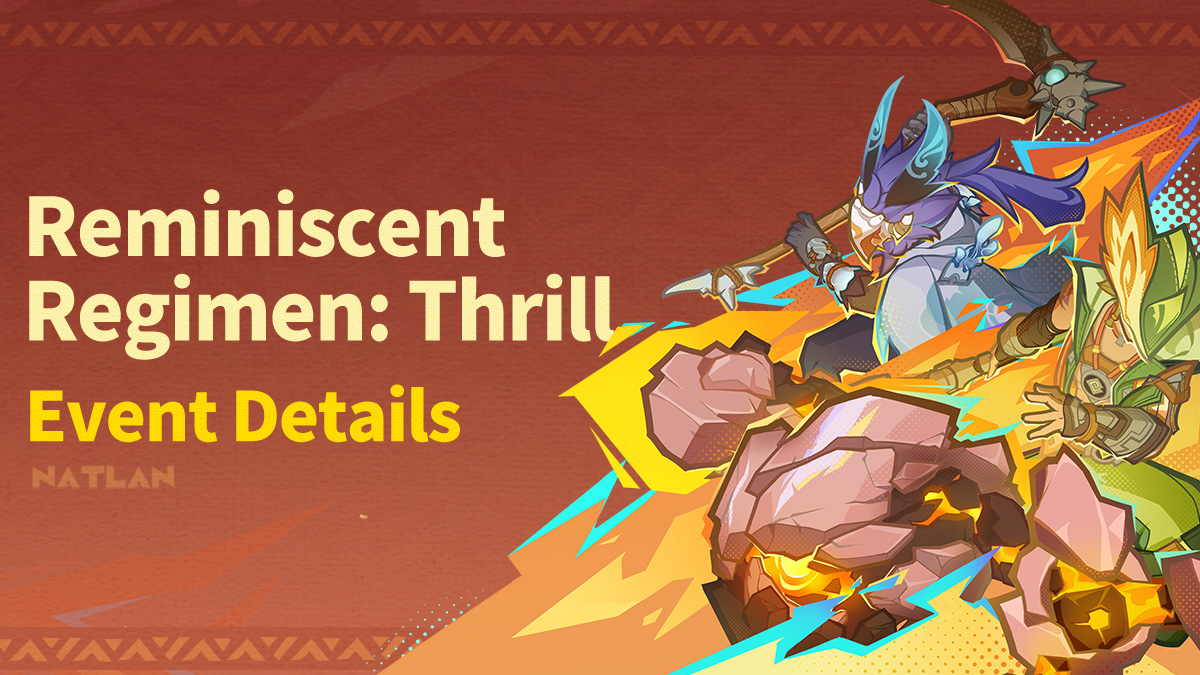
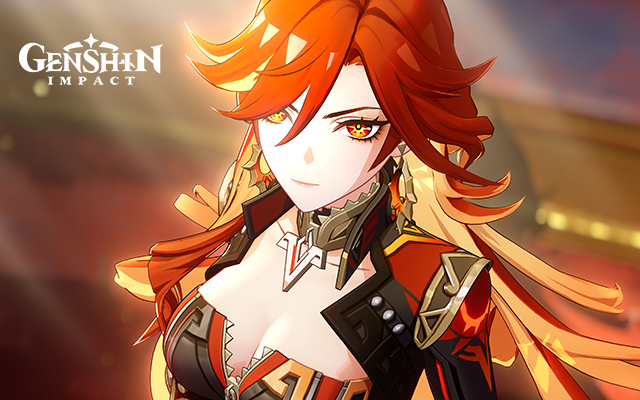
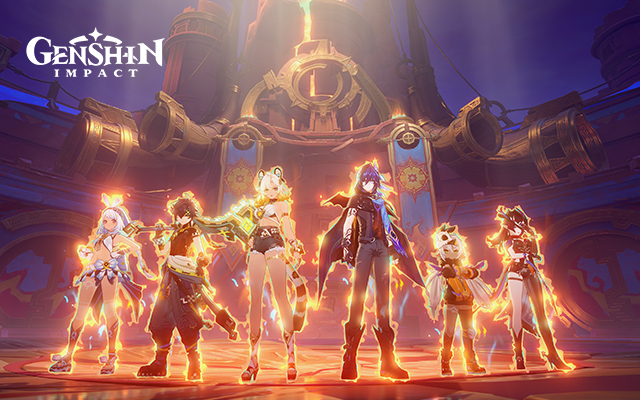
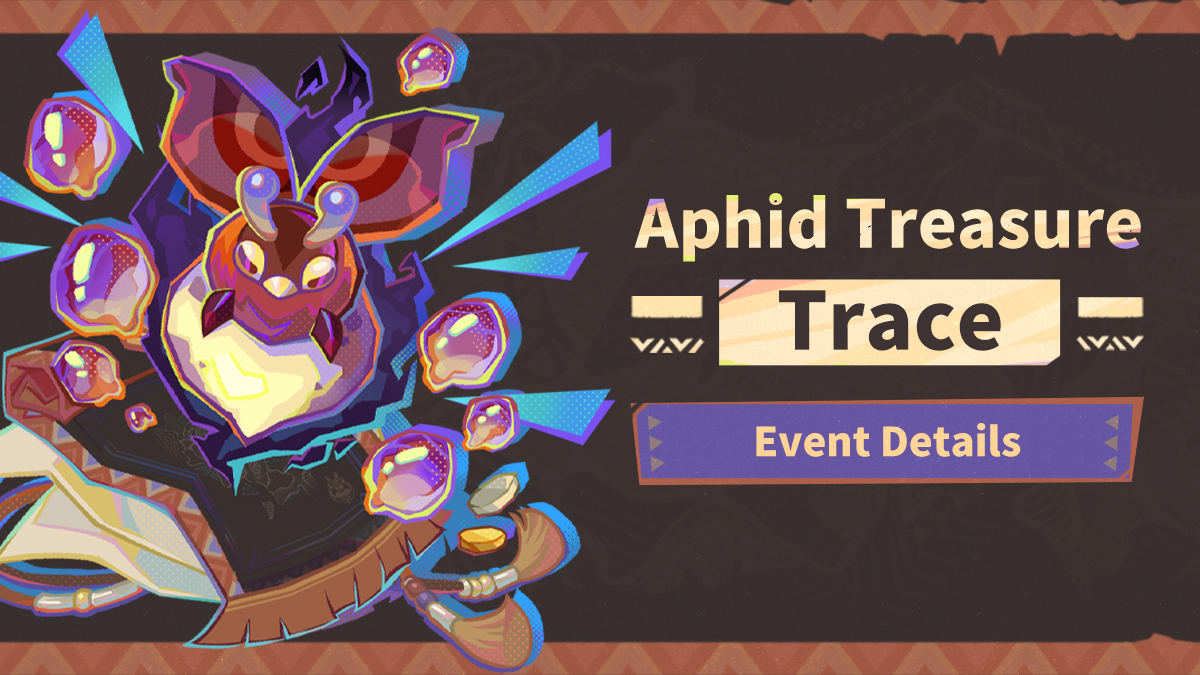
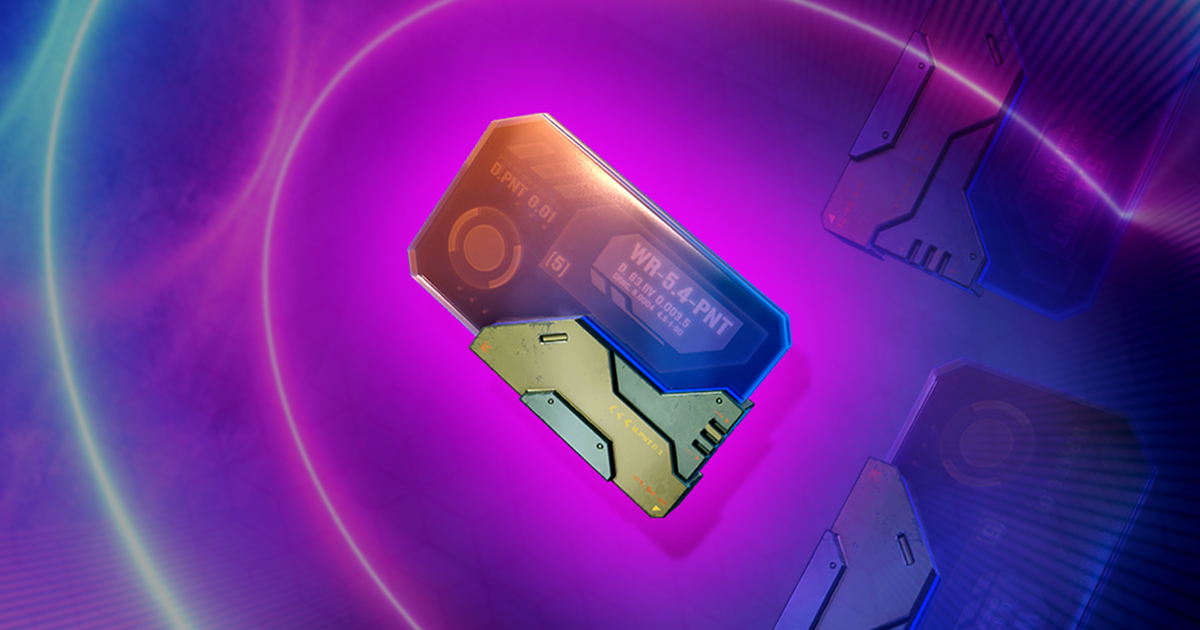
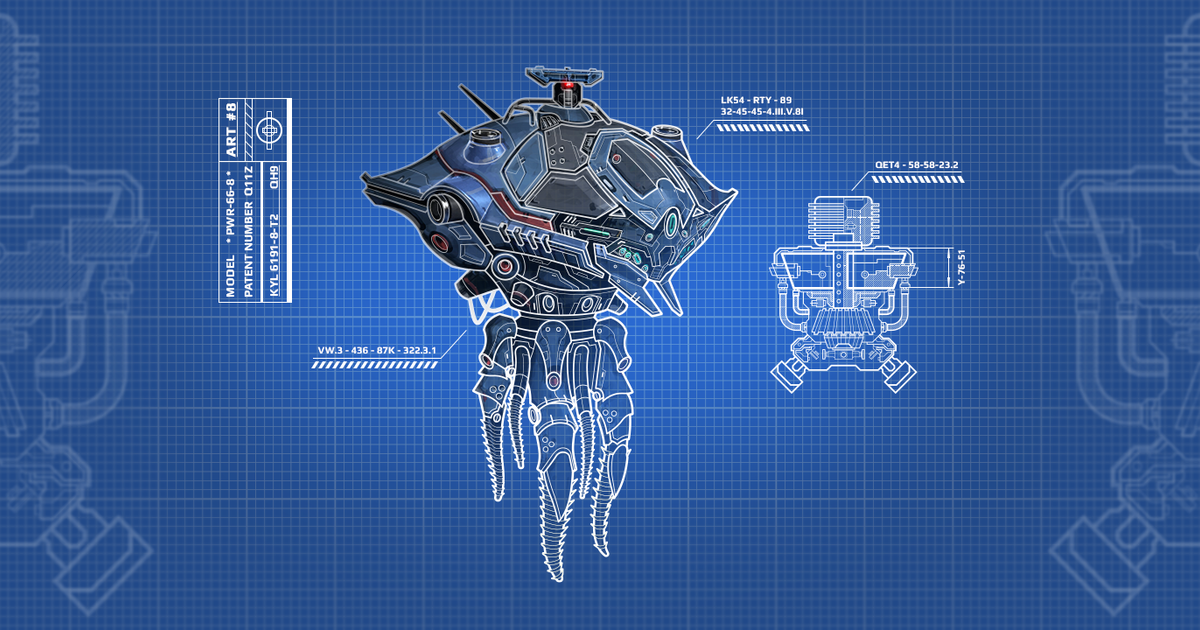
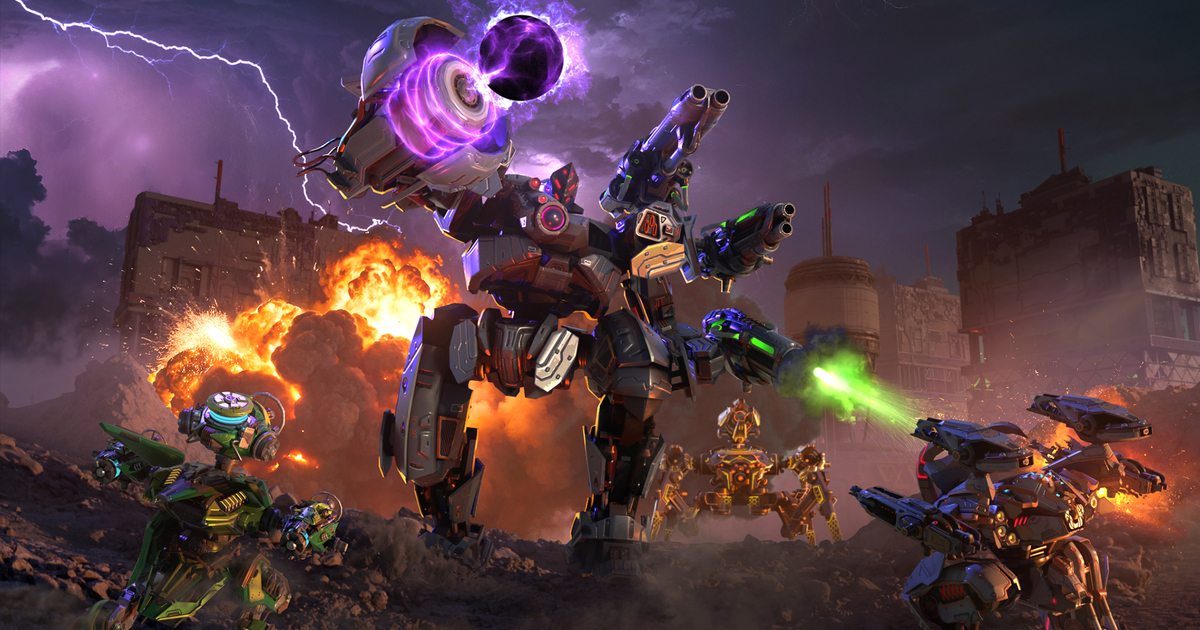
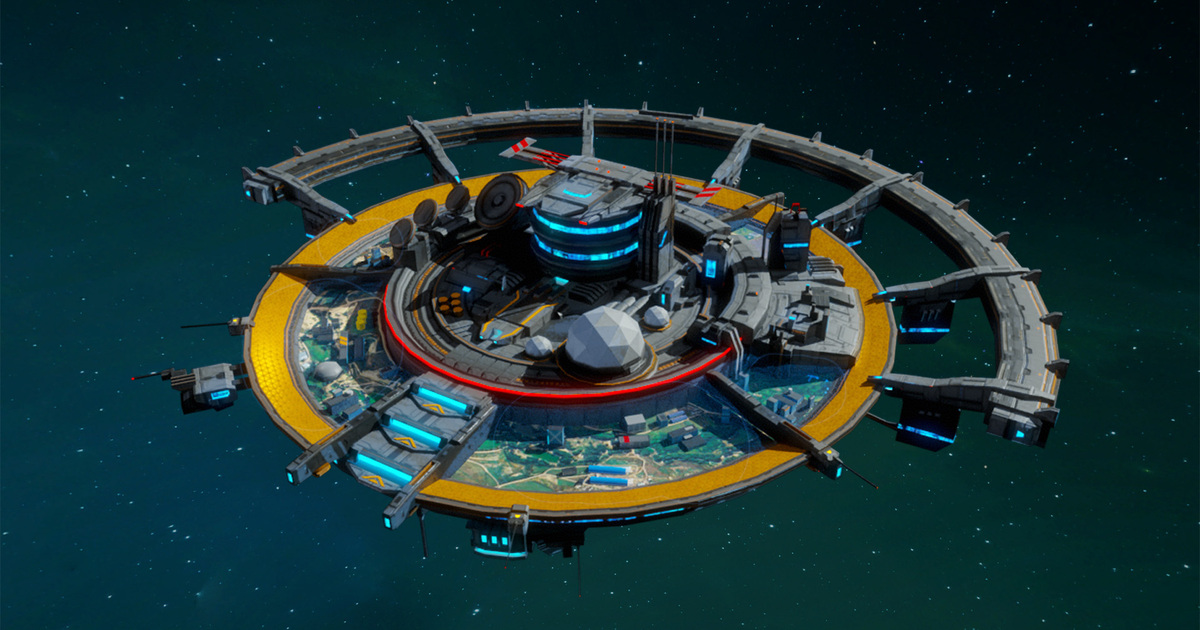








![[Business Talk] How YH Living LTD Tailored Business Solutions Powered by Smart Technology](https://i.scdn.co/image/ab6765630000ba8a5782a039d18af0d958cadc87?#)
![[Business Talk] Elon Musk](https://i.scdn.co/image/ab6765630000ba8ac91eb094519def31d2b67898?#)
![[Business Talk] BYD's Hiring Standards: A Reflection of China's Competitive Job Market](https://i.scdn.co/image/ab6765630000ba8a1a1e0af3aefae3a685793e7c?#)
![[PRO Tips] What is ESG? How is it different from CSR and SDGs? 3 keywords that companies and investors should know](https://i.scdn.co/image/ab6765630000ba8a76dbe129993a62e85226c2b4?#)

